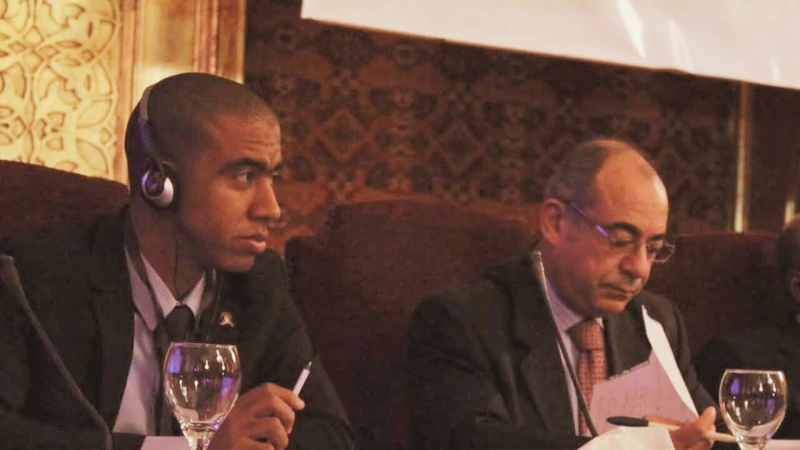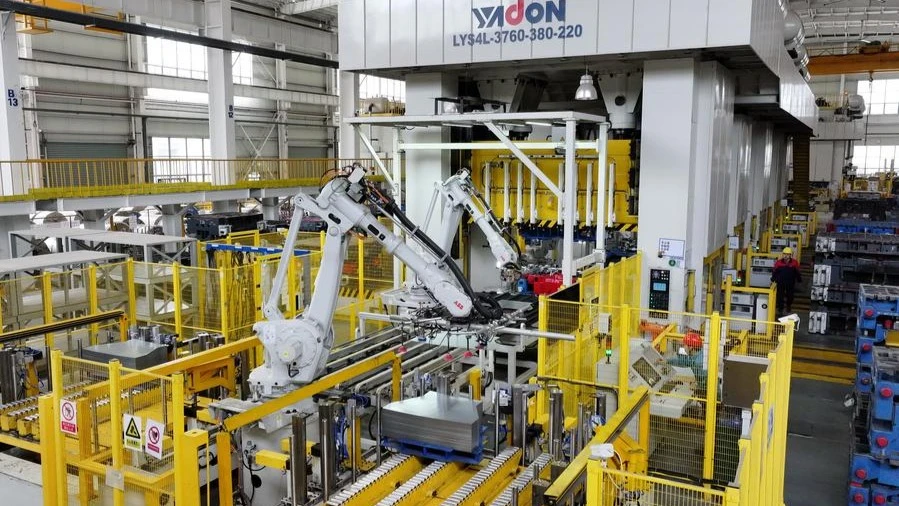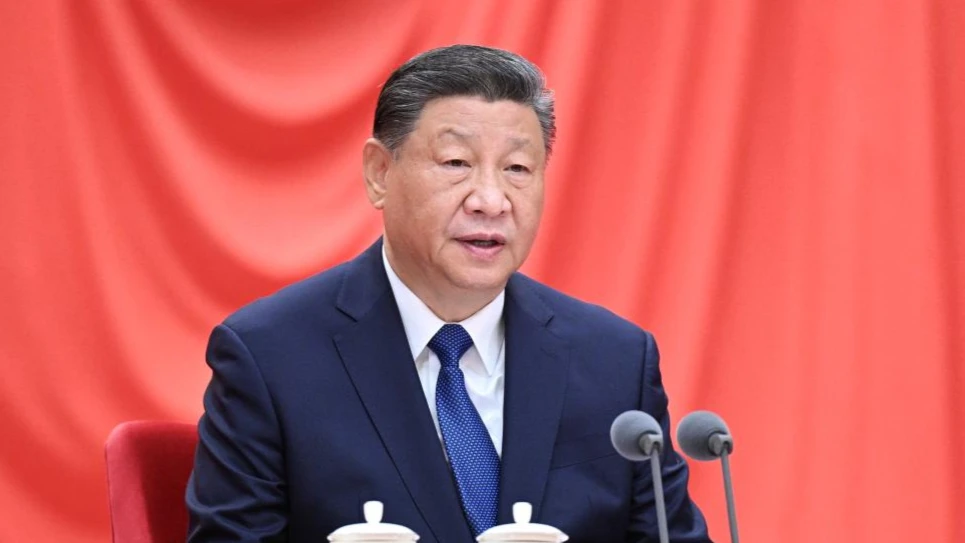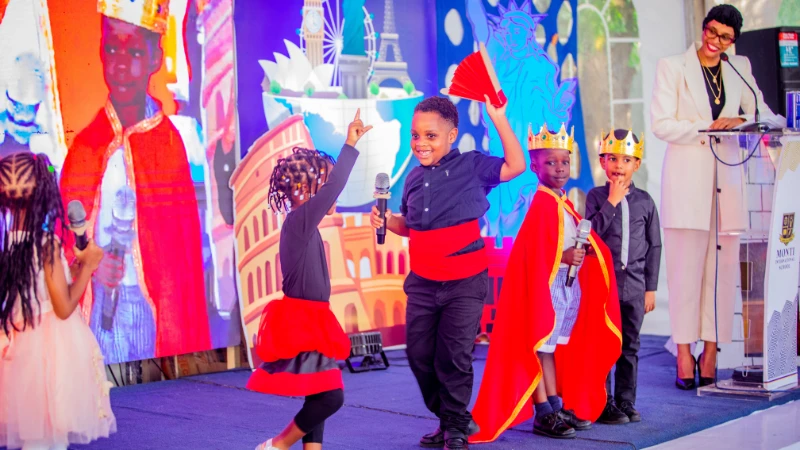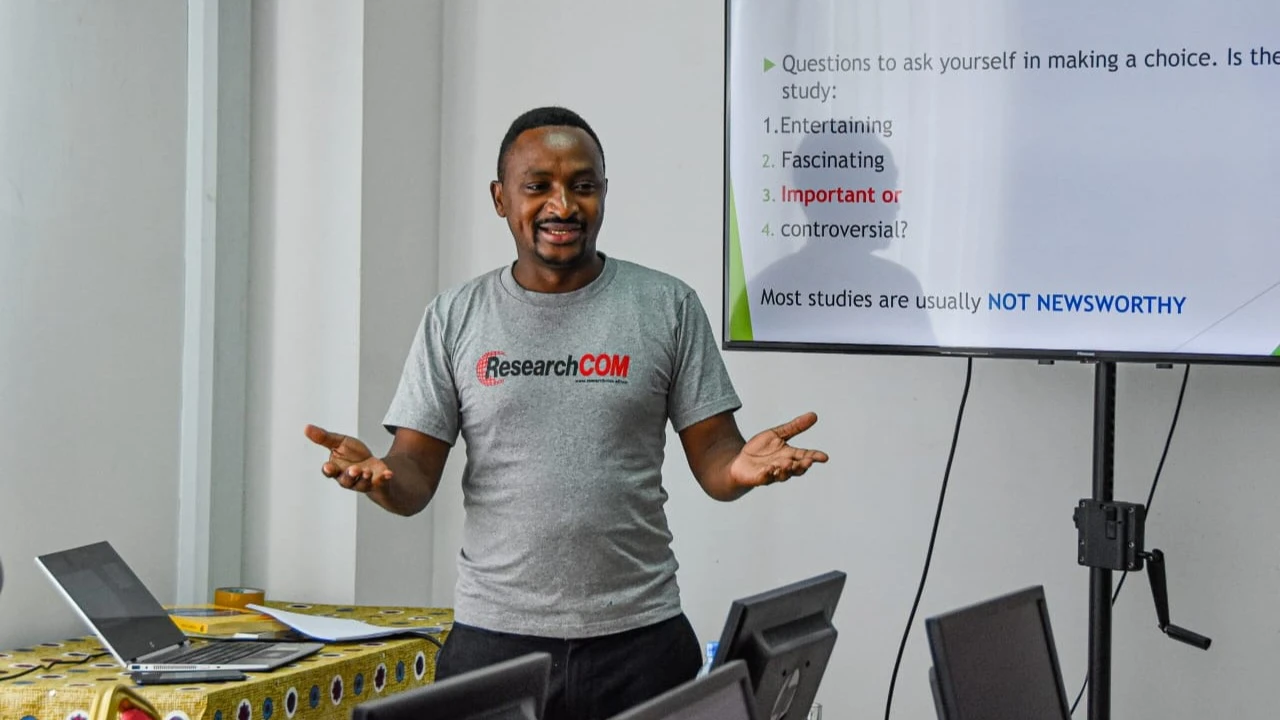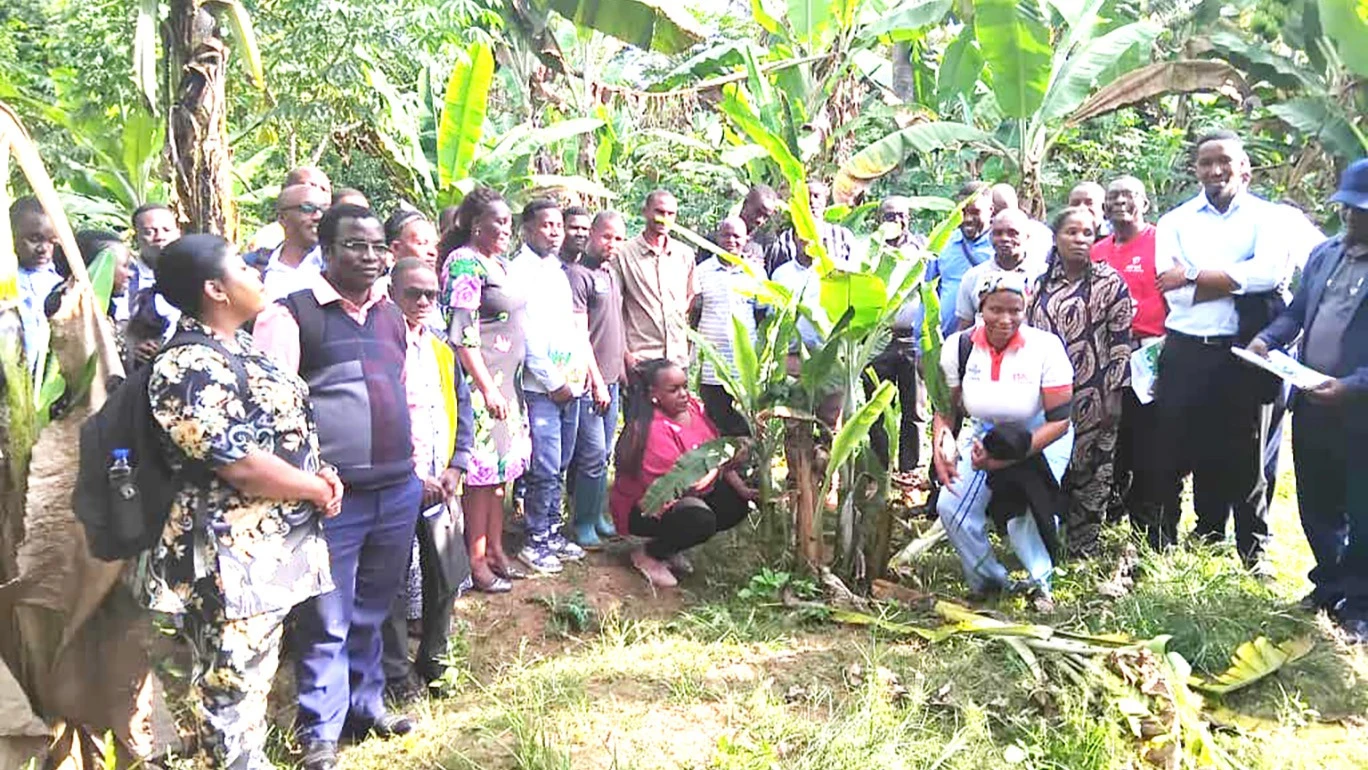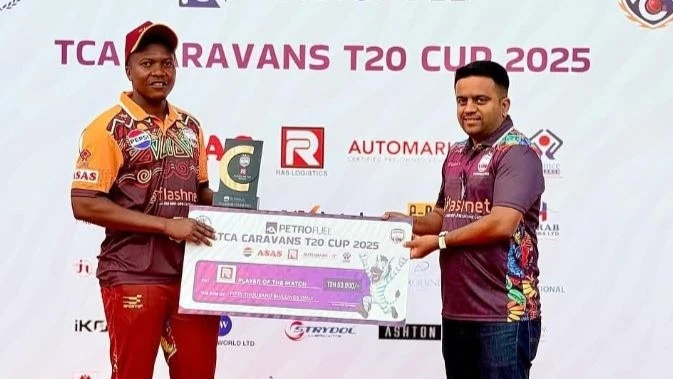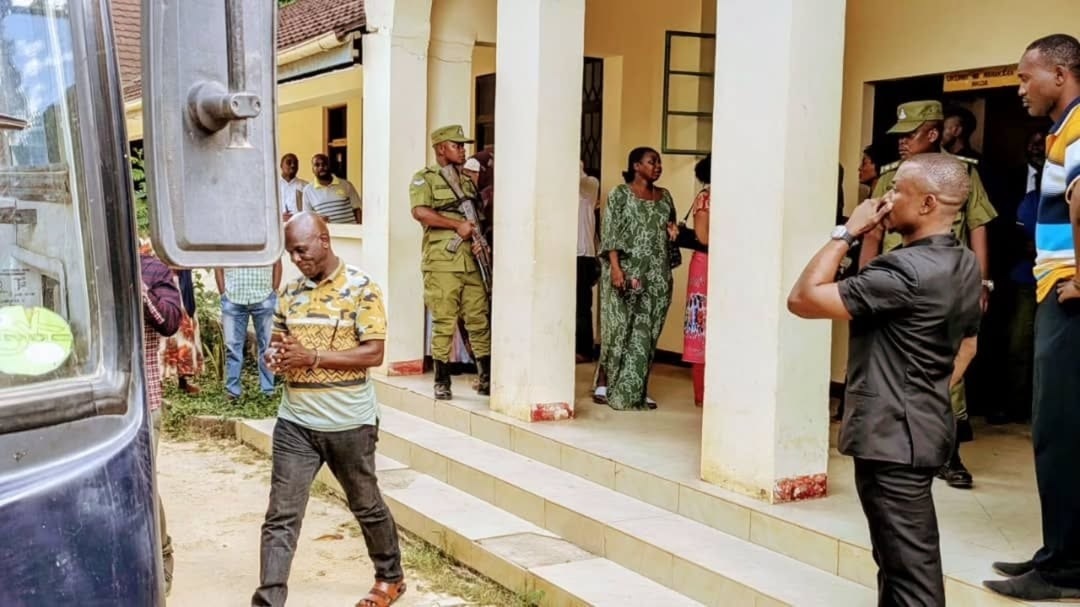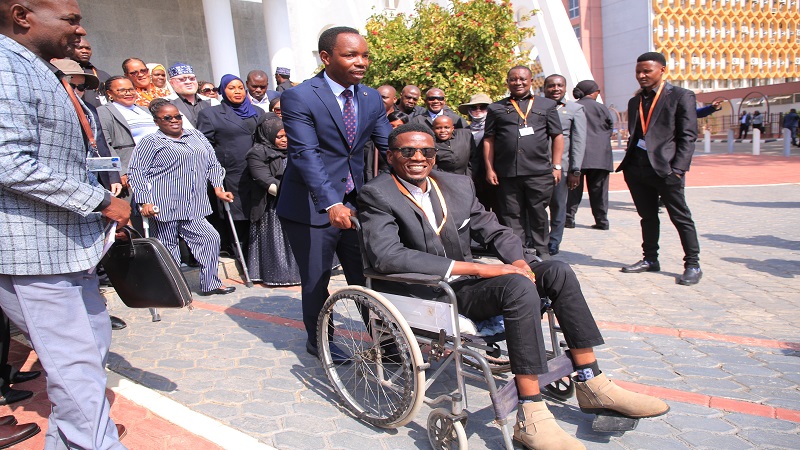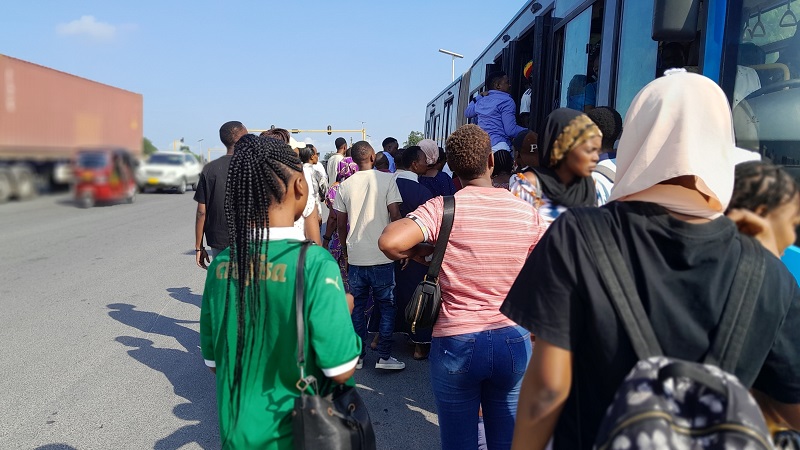Korea pledges $2.5bn credits, up to late 2028
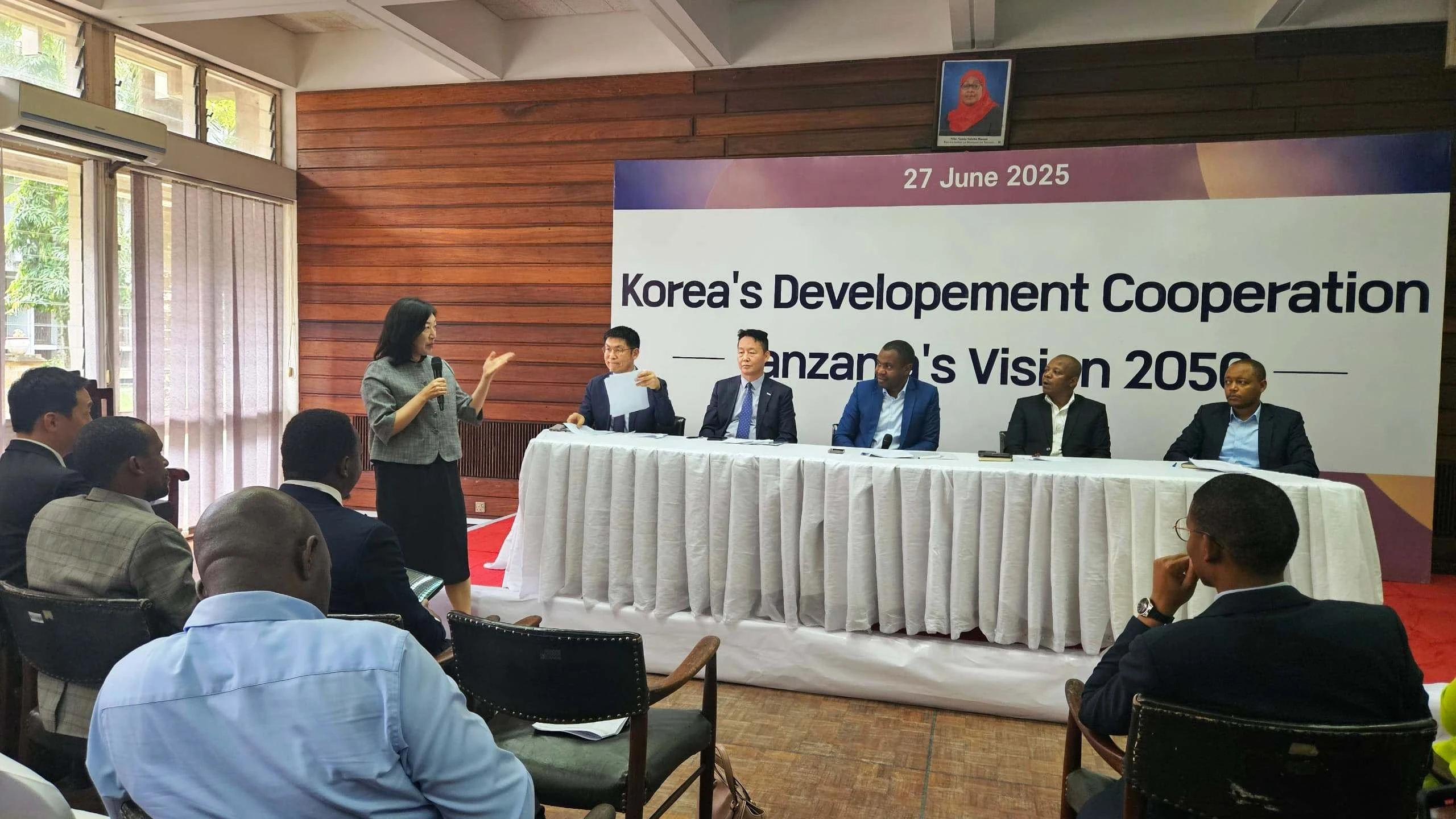
SOUTH Korea has pledged $2.5bn in concessional loans to Tanzania up to the end of 2028, marking a significant deepening of bilateral cooperation aimed at supporting Tanzania’s long-term development projection, Vision 2050.
Eunju Abu, the country’s resident ambassador, made this affirmation at a forum to examine Korean development cooperation and Tanzania’s Vision 2050 in Dar es Salaam over the weekend, stating that the funding will be channeled through the Economic Development Cooperation Fund (EDCF) and the Korea International Cooperation Agency (KOICA).
The loans will be directed at specific sectors driving economic transformation, she said, citing infrastructure, health, energy and water.
She was firm about Korea’s solidarity with Tanzania’s development journey, noting that “as Tanzania prepares for its long-term transformation under Vision 2050, Korea is proud to walk alongside the country as a committed partner, drawing from our own development experience to support Tanzania’s aspirations.”
She reflected on South Korea’s own path from poverty in the 1960s to becoming a global innovation leader, attributing the transformation to targeted investments in education, industrialisation and technology, areas where Tanzania is also placing strategic emphasis.
“Korea sees parallels in Tanzania’s focus on human capital, health and inclusive growth, and we are committed to helping build capacity and ensure sustainability,” the envoy underlined.
Korean-supported initiatives in Tanzania prioritise practical knowledge, community empowerment and long-term viability, she said, stressing that projects are designed with inclusivity in mind, reflecting shared values between the two countries.
Prof. William Anangisye, the University of Dar es Salaam vice chancellor, praised the forum’s forward-looking agenda, asserting that such forums foster critical reflection, generate innovative solutions and strengthen partnerships.
He stressed the need for reforms in Tanzania’s education system to meet industrial demands through vocational training, digital literacy and greater university-industry collaboration.
There is need for inclusive development and greater empowerment of persons with disabilities to participate fully in shaping the country’s future, the don intoned.
EDCF chief representative Kyeonggu Kim reported that the fund has already disbursed $1.6bn in concessional loans to Tanzania, which have have bolstered high-impact sectors such as transport, energy and health.
Financial support alone is not sufficient, he cautioned, underlining that “success does not rely on funding alone. It starts at the project’s foundation—from identification and design to cost estimation. If these steps are weak, the entire project is at risk,” he cautioned.
EDCF works closely with Tanzanian authorities to ensure projects are not only well-funded, but also well-conceived., he said, with local participants welcomed South Korea’s support, while underscoring the need for greater local ownership and sustainability.
Dr. Ronald Ndesanjo of the UDSM Institute of Development Studies affirmed that too many donor-funded projects fade once external support ends.
“We need to learn from Korea—not only in what they built, but how they built lasting institutions and a self-reliant economy,” he stressed.
Dr. Robert Suphian, head of marketing at the UDSM business college, said that ‘the real investment lies in maintaining what we build. Education and local capacity are our best safeguards for the future.”
KOICA country representative Manshik Shin said that challenges in development financing are not unique to Tanzania, as even developed countries like South Korea have faced similar issues. “What matters is how we collaborate to ensure sustainability,” he said.
He described the KOICA model as transparent, affordable and aligned with government priorities, “as all KOICA initiatives are implemented in coordination with the Treasury and other relevant agencies to ensure full alignment with national objectives.’
As Tanzania intensifies efforts to attract responsible global development partners, governments and academia agree that the sustainability of progress will depend on local capacity, institutional resilience and a shared commitment to long-term goals.he said.
“The Korea–Tanzania partnership stands out as a model of international cooperation, grounded in mutual respect, strategic foresight and shared experience. More than just financial assistance, it represents a transformative alliance poised to help shape Tanzania’s development for generations to come,” he added.
Top Headlines
© 2025 IPPMEDIA.COM. ALL RIGHTS RESERVED








